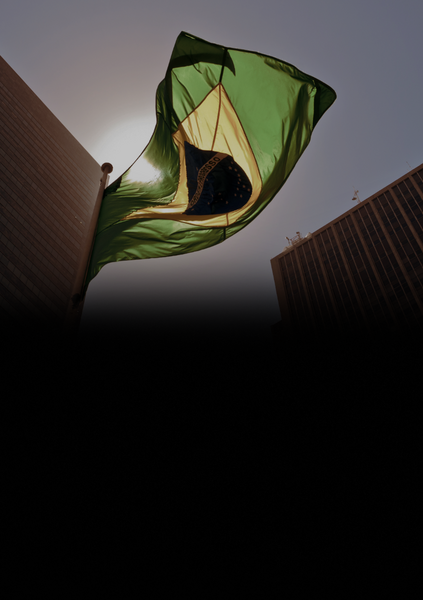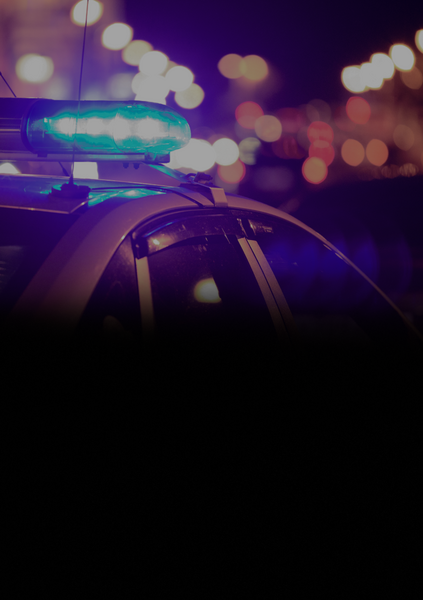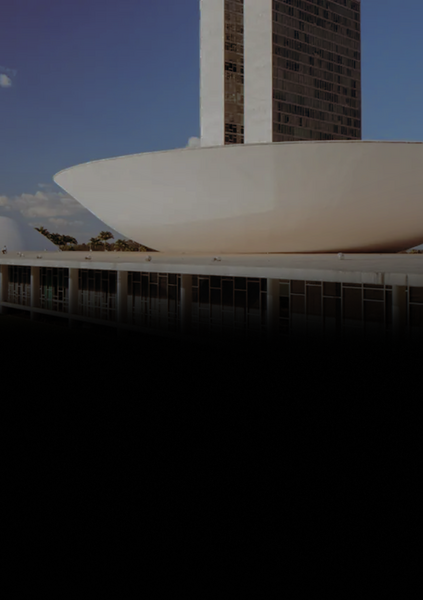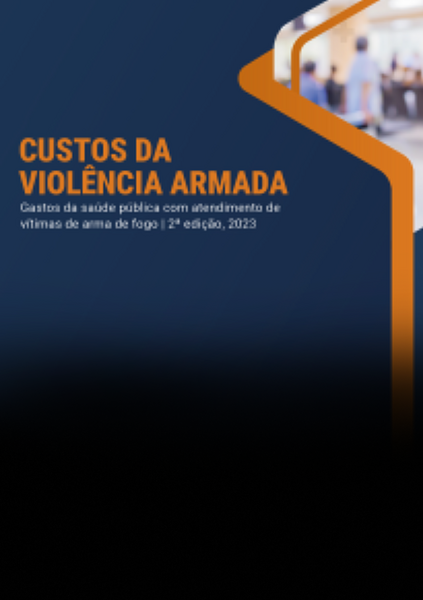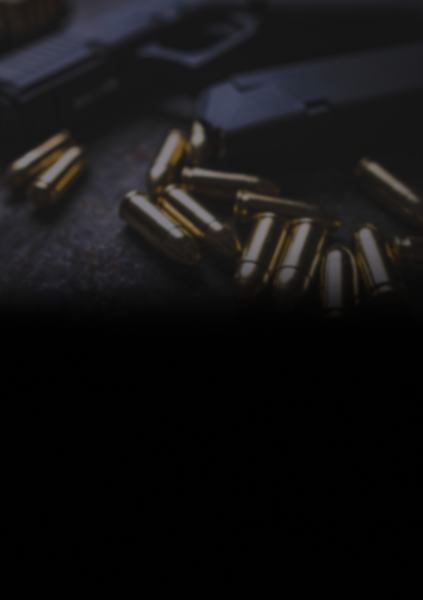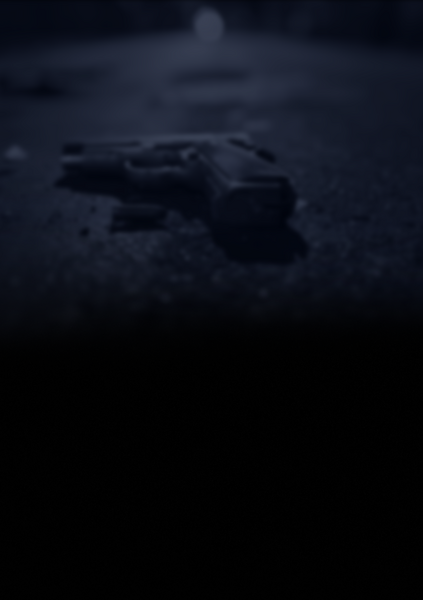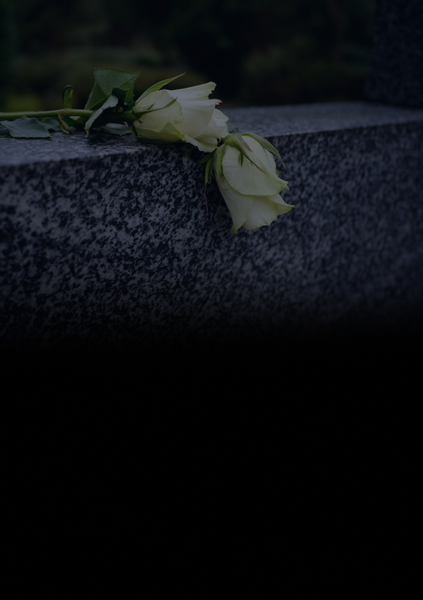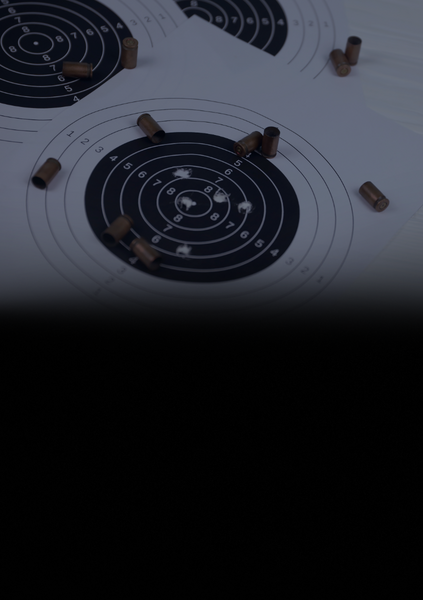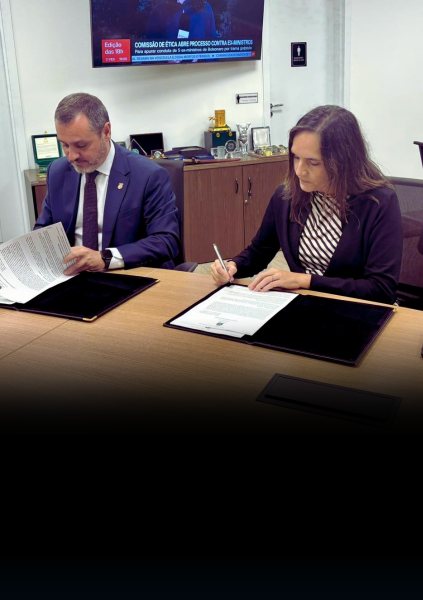Reportagem com levantamento exclusivo do Instituto Sou da Paz; acesse o texto original
A year into his presidency, Jair Bolsonaro and his sons have helped fuel a gun rights movement that had little popular support, or political clout, in the country before he took office.

By Letícia Casado and Ernesto Londoño
BRASÍLIA — President Jair Bolsonaro has galvanized gun culture in Brazil.
His trademark campaign sign was a hand folded into the shape of a gun. One of his first moves in office was to ease gun ownership rules. His three oldest sons, politicians themselves, have been fierce proponents of expanding gun ownership through policy proposals and social media posts.
With their actions, Mr. Bolsonaro and his sons have done more than make it easier for Brazilians to legally get a gun. They have fueled a political and cultural debate over guns that was new to Brazil, but that in many ways mirrors the discussion in the United States, where critics say more guns means more deaths and supporters say guns are necessary for self-defense.
“With disarmament laws, who gives up access to firearms, the decent citizen who only wants to protect himself, or the criminal, who by definition doesn’t follow laws?” Mr. Bolsonaro wrote on Twitter. “The right to legitimate self-defense cannot continue to be violated!”

In Brazil, a country of more than 209 million that has one of the highest homicide rates in the world, the right to bear arms is not a constitutional guarantee, as it is in the United States. The gun rights movement has long been on the losing side of policy debates.
About two in three Brazilians are opposed to gun ownership, and an even greater portion of the population is against making it easier to get a gun permit, according to a 2019 survey by Datafolha, a leading Brazilian research group.
But attitudes toward guns may be changing under Mr. Bolsonaro. Since he eased gun ownership rules in his first weeks in office, the number of applications for permits has gone up sharply.
“In the long run, this could be disastrous,” said Natália Pollachi, the projects coordinator for Sou da Paz Institute, a public policy group that supports stringent gun laws.
During Mr. Bolsonaro’s first year in office, the government issued more than 200,000 licenses to gun owners. The federal police, which issues licenses for self-defense, approved 54,300 permits in 2019, a 98 percent increase from the previous year. The army, which grants permits to hunters and collectors, issued more than 147,800 new licenses in 2019, a 68 percent increase.
Sou da Paz Institute obtained those figures through freedom of information requests and shared them with The Times.
The flood of new guns in Brazilian homes stands to make domestic violence more lethal, turn ordinary confrontations fatal and turbocharge a black market that is already thriving, Ms. Pollachi warned.

Congress is currently considering a handful of bills that would further ease regulations. And the most high-profile champions of the gun rights movement are the president’s three older sons.
Eduardo Bolsonaro, a member of Congress and one of his father’s most visible surrogates, has spoken admiringly of the Second Amendment in the United States. He has lobbied to make the Brazilian market more attractive to foreign arms manufacturers, which he says would lower prices and provide gun enthusiasts with more choices.
Flávio Bolsonaro, a senator, made the promotion of gun manufacturing in Brazil the focus of his first project in the legislature last year. And Carlos Bolsonaro, a Rio de Janeiro council member, has also been a vocal advocate for gun rights.
“The right to defend his own life is a legitimate right of Brazilian citizens,” Flávio Bolsonaro, the senator, said in an interview. “The right to life is nonnegotiable for us.”

Reacting to a surge of drug-related violence that took root in the 1990s, Brazil’s congress in 2003 passed a sweeping disarmament law that sought to make gun ownership rare by making the process of applying for a permit expensive, time-consuming and bureaucratic.
It mandated that anyone interested in applying for a gun permit for self-defense had to persuade the federal police that they had a “reasonable need” for a gun, a vague criteria that gave the government plenty of discretion to deny petitions. Collectors and hunters had to apply for a permit with the army.
Applicants also had to pay high fees, demonstrate they did not have a criminal history, submit to a psychological test and get training in marksmanship. Once granted, the licenses entitled civilians to keep guns at home, but not carry them outside.
The law also paid gun owners — licensed and not — to turn over their weapons to the state, and nearly 650,000 did so in the first year, according to the federal government.
Would you like recommendations for more stories like this?Yes
Two years after the law was passed, voters rejected a more sweeping measure put forward in a referendum, which would have effectively outlawed all civilian gun sales.
But even with the possession of firearms heavily regulated, illicit weapons still circulated widely.
Powerful drug trafficking cartels have long flouted gun regulations by smuggling weapons, mainly across the porous border with Paraguay. Gang members openly carry handguns and powerful rifles in several districts of Rio de Janeiro, São Paulo and other cities where criminal organizations often hold more sway among citizens than the state.

Last year, the police in Rio de Janeiro seized more than 8,400 firearms, including 505 rifles, a record high.
As Mr. Bolsonaro set in motion his presidential bid, Brazil had more than 63,800 homicides, a record high, and it led the world in the number of deaths caused by firearms.
Mr. Bolsonaro, a far-right former Army captain, promised to make it easier for civilians to get weapons.

“All good-for-nothings are armed!” he exclaimed during a television interview in 2018, when he was campaigning. “Only decent citizens are not.”
The president’s near fatal stabbing at a rally a few weeks before the election gave a new sense of urgency to Mr. Bolsonaro’s contention that “good citizens” needed to be armed to protect themselves from “criminals.”
The executive decree Mr. Bolsonaro signed two weeks after taking office relaxed the licensing process by making it easier to meet the requirements for gun ownership. For instance, merely living in a rural area or an urban area with a high crime rate can now be used as justification to apply for a gun permit under the decree.
The decree extended the validity of permits from five to 10 years, and increased the amount of ammunition that can be purchased at once, and the number of weapons an individual can own. It also allowed for the sale of higher caliber weapons.
Among those now commercially available is the T4, a military-style semiautomatic rifle produced by Taurus, a Brazilian gun manufacturer, which had previously only been available to the armed forces.

At the time he signed the decree, Mr. Bolsonaro said that the ability to own guns would give Brazilians “peace inside their homes.”
Getting permission to buy a gun in Brazil still requires a lengthy process — including a mental health assessment and a criminal-background check — that can drag on for months. But shooting ranges and gun stores started to see an uptick in business, even before the new rules went into effect.

